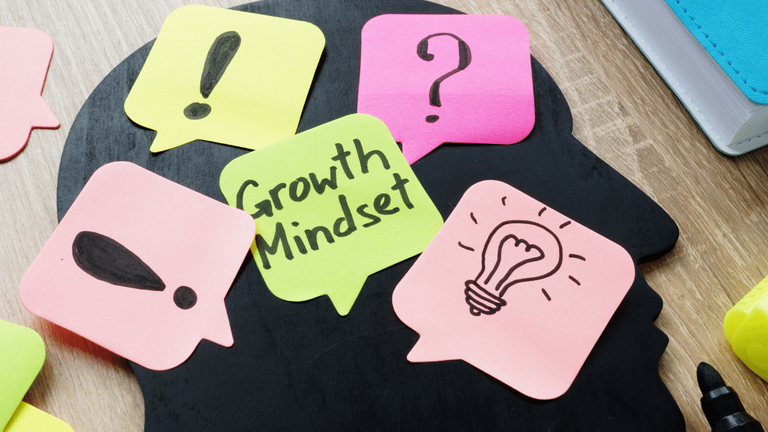Everybody makes mistakes. But, if you look for them, they can teach you valuable lessons. The key is to learn from them and grow from them. Mistakes are just what they sound like: doing something wrong or not doing something right. Whether you've made a big mistake or a small one, mistakes are a natural part of life and can serve as a catalyst for growth and improvement. So, how can you learn from them?

Image Source
Learning from mistakes
When you make a mistake, try to reflect on what went wrong and what you can do better next time. Taking responsibility is an important part of learning from mistakes and can help you improve your actions or behaviors. Taking responsibility also shows that you own the error and are willing to change in the future. By taking action after you've made a mistake, you will be able to avoid making it again. However, self-reflection can only go so far. To truly benefit from mistakes, you need to apply the lessons you've learned to your life.
In some situations, mistakes serve as a catalyst for learning. If you've made a mistake that hasn't been repeated in the past, you'll be more willing to listen to constructive criticism and adopt new approaches. You'll be more likely to learn from your mistakes if you share them with others. And if you have a mentor, you can ask for their advice. They'll often be able to give you valuable insight about the challenges you face in your current job.
Writing down thoughts
There are many benefits to writing down your thoughts and feelings to learn from mistakes. You will be able to categorise your experiences, analyze them, and bring skepticism to your personal story. The process of writing can be uncomfortable at first, but over time, it can become the most useful playbook you have for dealing with yourself. The best way to start is to write down your thoughts and feelings about a specific incident.
Regardless of how big or small the mistake, jotting down your thoughts can help you improve your logic. If you've ever wished you could rewind the time you spent on a particular task, you can now see that it took you longer than you thought to complete it. The key to learning from a mistake is to understand why you made it in the first place. Once you have that, you can correct the problem.
Adaptive self-reflection
In addition to rumination, self-reflection can have a positive or negative effect on resilience through insight. The following table summarizes some of the important distinctions between rumination and adaptive self-reflection. Adaptive self-reflection is more likely to be associated with the development of insights or meaning. Rumination, on the other hand, tends to be triggered by information, such as a new experience or a mistake.
The process of self-reflection is a necessary one to achieve the aims of PI. When the process is successful, it leads to increased self-knowledge and changing behavior. Researchers have studied the processes that facilitate reflection. Below are three key steps to improve self-reflection:
Constructive criticism
If you get feedback on your work, do not simply ignore it or dismiss it as unhelpful. The criticism you receive can give you valuable insight into your work, your management style, and how you show up in meetings. Here are five tips to effectively use feedback to improve your performance. To maximize the impact of constructive criticism, you should keep an open mind and examine your work objectively. The point of criticism is not to hurt your feelings or your ego.
First, acknowledge that you have made a mistake and thank the person for offering constructive criticism. While many people dismiss feedback as jealousy, this kind of criticism can be beneficial if you can evaluate the criticism. Moreover, you can ask for time to think over what the critic said and follow up later. This way, you will be more open to learning from others' criticisms. By learning from mistakes, you can avoid making the same mistakes again.